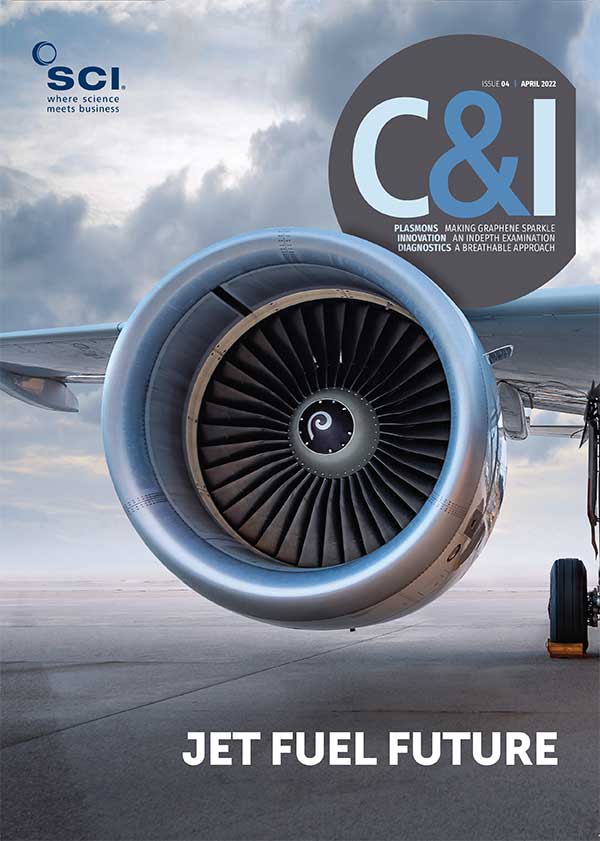Neil Eisberg | Editor
Despite the raft of new biotech company entries, the first quarter of 2022 has also seen massive job losses in the sector, particularly in the US. According to industry commentator Fierce Biotech, more than twice as many companies have announced job losses each month so far this year, compared with the final three months of 2021: at least 21, compared with just six. And the companies concerned are not just small startups, they include names in Big Pharma, like Pfizer, Lundbeck, Daiichi, Gilead and Biogen.
The reasons have been many and varied, ranging from the installation of a new CEO who has initiated a clear out of senior staff and a refocusing of the company’s activities, through to regulatory setbacks and the impact of negative clinical trial outcomes.
In addition, the global economic situation arising from Russia’s invasion of Ukraine has increased financial pressure on companies that have recently started up or are in that critical period of scale-up, the so-called valley of death. Ukraine has been a major location for clinical trials in recent years and also a major supplier of materials and compounds used in drug discovery, as noted elsewhere in this issue (See p38).
Shakeouts in the biotech sector are not uncommon, with observers commenting that typically only about one in 10 pharmaceutical biotechs actually survive, but the confluence of these many factors may have highlighted the critical period in a biotech’s life cycle.
One thing is certain is that there are plenty of new ideas and concepts in the marketplace so there is no shortage of potential innovations to attract the many funding sources. Innovation is still in the air but perhaps not quite at the level that might be expected among larger companies and other chemical businesses.
In this issue we include the results of an industrial-academic survey of innovation trends, mainly in the chemical sector, that has thrown up some interesting conclusions. For example, the chemical industry can solve radical challenges through innovation, but there are problems with how the industry approaches them (See p30). Has incrementalism, for example, overcome the drive for dramatic revolutionary breakthroughs?
The basis of innovation is research and development, and the UK Chancellor’s recent Spring Finance Statement gave a welcome boost to R&D, with the proposal of a reform for the UK R&D tax regime. Chancellor Rishi Sunak also re-committed to the Government’s pledge to spend 2.4% of GDP on R&D by 2027.
As Chris Denning, a partner at MHA, the network of accountancy firms, expressed it: ‘Detail of the proposed reform of the R&D tax credit regime will be eagerly anticipated. There have been contradictions and mixed messaging in recent changes, which should hopefully be addressed.
‘For example, the restriction of R&D claims to expenditure incurred in the UK is contrary to the collaborative and cross border way in which R&D is undertaken if applied too rigorously. If the restriction is maintained, it could be a barrier to intellectual property being located and developed from the UK.’
Commenting on the promised reform of R&D tax credits, Chair of the UK Parliament‘s Science & Technology Committee, Greg Clark said: ‘Reforming R&D tax credits will be a vital tool to increasing private sector investment in R&D, and the Committee will take a close interest in how best to do so.’
As a result of the Russian invasion, the UK Government is also providing a £3m funding package for Ukrainian researchers and will not fund any new collaborative projects with Russia through UK research and innovation organisations. The measures are designed to negatively impact the Russian state without disrupting benign innovators or projects with global benefits. The new Researchers Risk Fellowship Programme will support Ukrainian researchers fleeing from there as well as those already in the UK and unable to return home. The Fellowships will provide a salary, research and living costs for up to two years, and be available across all disciplines for postdoctoral researchers or those with equivalent experience. The overall aim is to preserve Ukraine’s research ecosystem.
As UK Science Minister George Freeman said: ‘The UK has a proud history of world-class science, underpinned by a commitment to freedom and sanctuary for those fleeing tyranny. Today we are taking a stand for science as a force for good and supporting Ukrainian researchers to come to the UK.
‘Our universities are already opening their doors to Ukrainian students, and we are exploring ways to enable universities in the UK to partner with Ukrainian universities in order to teach Ukrainian students remotely who are close to graduating, supporting them to complete their studies when they need it most.’
While the UK will gain new insights from the contacts made through this programme, keeping science and innovation alive in Ukraine has to be the paramount goal, along with helping everyone who has been forced to leave their families, homes and livelihoods.





